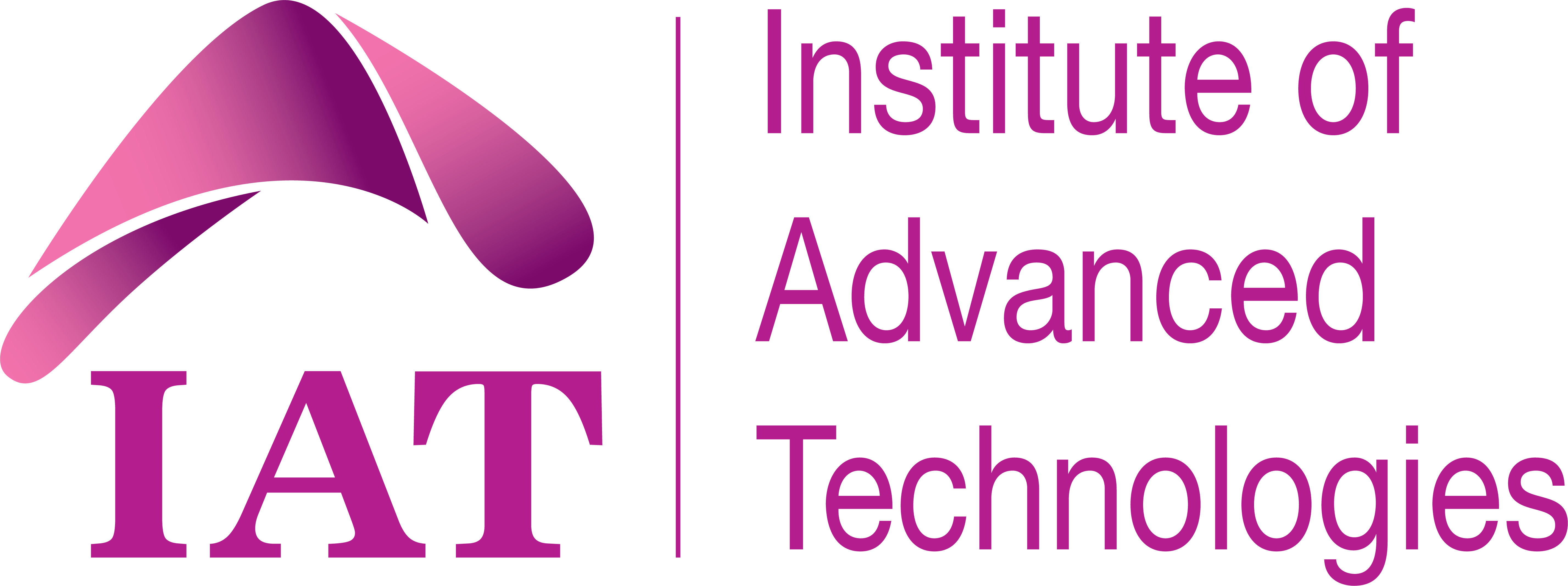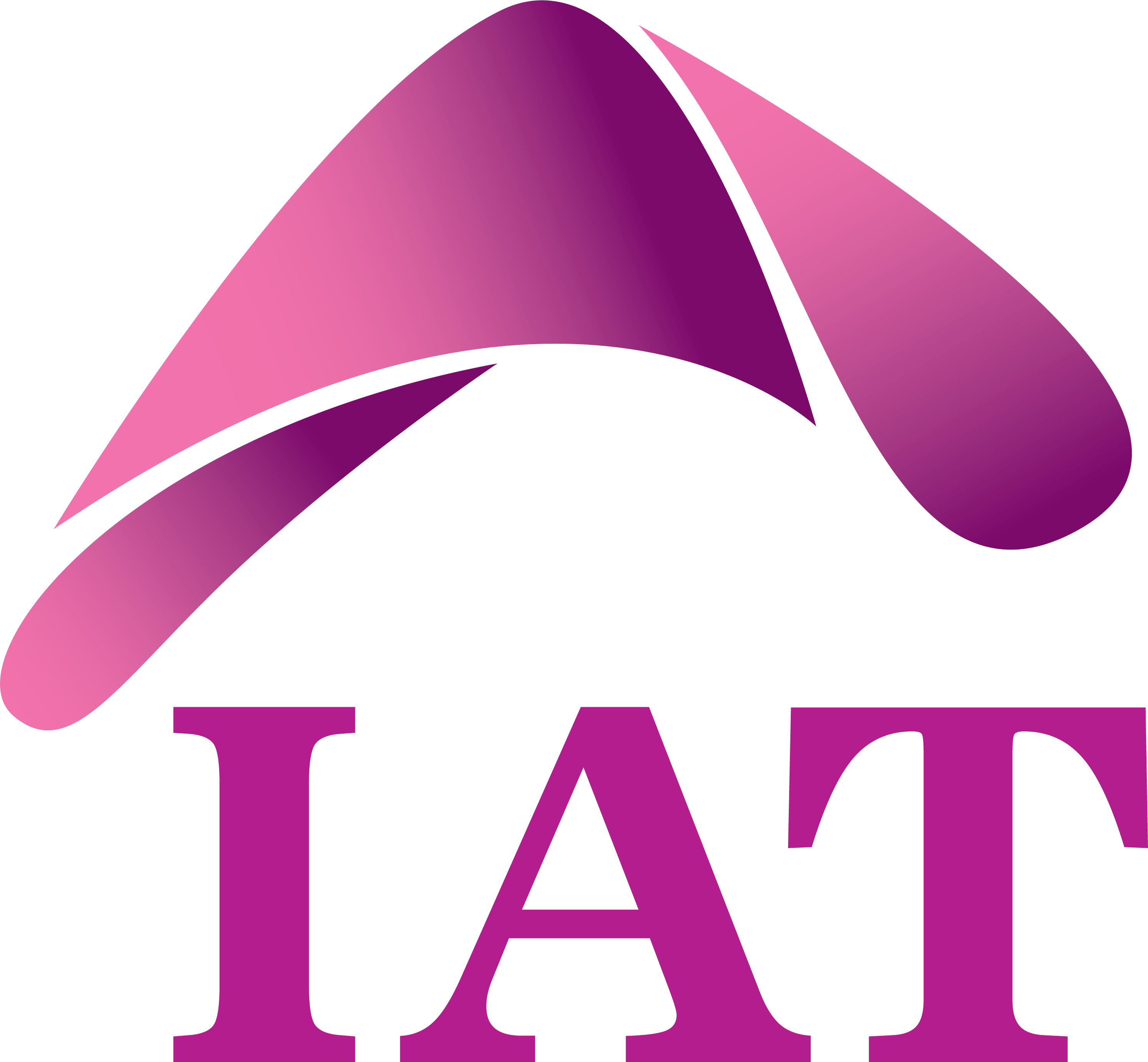Benefits of Taking International Certifications
“We encourages students to pursue international certification programs for their personal and professional development.”
These are the benefits of Taking International Certifications:
- Global Recognition: International certifications are often recognized and valued globally. They provide a standardized measure of skills and knowledge that employers around the world can understand and trust.
- Enhanced Employability: Holding an internationally recognized certification can enhance a student’s employability. Employers often look for candidates who have demonstrated their expertise through reputable certifications, giving students a competitive edge in the job market.
- Industry Relevance: Many international certifications are developed in collaboration with industry experts and organizations. Pursuing these certifications ensures that students are learning skills and knowledge that are directly relevant to current industry standards and practices.
- Career Advancement: International certifications can open doors to career advancement opportunities. Whether students are just starting their careers or looking to move up in their current roles, certifications can demonstrate their commitment to professional growth and development.
- Skill Validation: Certification programs are designed to validate specific skills and competencies. Completing a certification reassures students and potential employers that individuals have the practical knowledge needed to excel in their roles.
- Networking Opportunities: Many international certification programs provide access to professional communities, events, and networking opportunities. Engaging with these communities can help students connect with professionals in their field, gain insights, and stay updated on industry trends.
- Personal Achievement: Obtaining an international certification is a significant personal achievement. It reflects a student’s dedication to continuous learning, self-improvement, and mastery of a particular domain.
- Alignment with Academic Learning: Some international certifications align with academic coursework, providing students with a practical way to apply theoretical knowledge gained in the classroom. This integration can enhance the overall learning experience.
We are implementing the following strategies to encourage students to pursue international certification programs.
- Information Sessions: Organize information sessions to educate students about the importance of certifications, available programs, and the benefits they offer.
- Workshops and Training: Offer workshops or training sessions that specifically prepare students for certification exams. Provide resources and practice exams to help them succeed.
- Mentorship Programs: Establish mentorship programs where students can receive guidance from professionals who have already earned the certifications. This can provide valuable insights and motivation.
- Financial Support: Consider offering financial support or incentives to students pursuing certifications, such as covering exam fees or providing scholarships.
- Integration into Curriculum: If possible, integrate certification preparation into the academic curriculum. This could involve aligning coursework with certification objectives or offering dedicated certification preparation courses.

